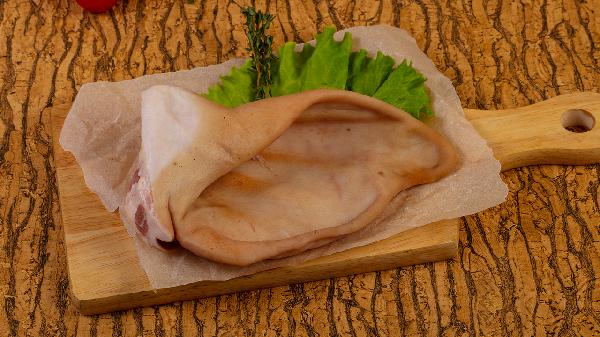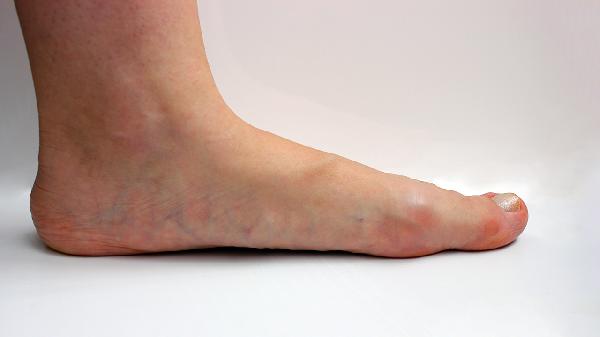What foods are easy to digest and nutritious for the elderly? As people age, their diet should include foods that are not only easy to digest but also rich in nutrients. Below, I will discuss some foods that are beneficial for the elderly in terms of digestion and nutrition.
Pumpkin is easy to digest and nutritious for the elderly. Pumpkin is sweet, warm in nature, and non-toxic. It contains protein, fat, dietary fiber, carotene, glucose, carbohydrates, calcium, phosphorus, iron, ascorbic acid, citrulline, mannitol, and pectin, among other substances. It can inhibit bacteria, detoxify, strengthen the stomach, aid digestion, promote bowel movements, lower blood sugar, prevent cancer, reduce inflammation, relieve pain, boost energy, and enhance immune function.

Eggplant is easy to digest and nutritious for the elderly. Eggplant has a cold and bitter nature. It contains protein, fat, dietary fiber, carbohydrates, vitamin C, vitamin E, potassium, sodium, calcium, magnesium, iron, manganese, zinc, copper, phosphorus, and selenium, among other nutrients. It can clear heat, detoxify, aid in weight loss, boost energy, promote digestion, strengthen the stomach, lower blood pressure, and prevent cancer.
Sea cucumber is easy to digest and nutritious for the elderly. Apart from containing protein, fat, sugar, minerals, and various vitamins, sea cucumber also contains iodine, cellulose, polysaccharides, and chondroitin sulfate. It has the functions of tonifying the kidneys, moistening the lungs, nourishing the blood, and clearing stomach heat. Regular consumption can also promote saliva production, strengthen the kidneys, enhance intelligence, and supplement calcium.
Carrot is easy to digest and nutritious for the elderly. It is rich in vitamin A and has significant anti-cancer properties. Regular consumption of carrots can greatly reduce the incidence of lung cancer. Carrots also contain quercetin, kaempferol, and potassium succinate, which can increase coronary blood flow, relax blood vessels, and promote adrenaline synthesis. Therefore, they have certain effects on treating high blood pressure, heart disease, and stomach ailments. Additionally, carrots can nourish the liver, improve vision, strengthen the stomach, and have detoxifying and blood sugar-lowering effects.
Dietary considerations for the elderly:
Maintain regular eating habits: Eat at fixed times every day to help the stomach and intestines understand when to work and when to rest. This regularity makes the digestive system more efficient and improves food absorption.
Eat smaller meals more frequently: Eat smaller portions, just enough to feel half-full, and eat again when hungry. However, avoid eating at irregular times. The supplementary food should be easy to digest, and the portion size should be controlled; otherwise, it may disrupt the digestive system's rhythm, leading to indigestion.
Exercise after meals: After eating, do not lie down or sit to work immediately. Instead, stand up and take a walk. As the saying goes, "walking after meals can lead to a long life." However, avoid intense exercise after meals, as it can cause the digestive system to stop working, leading to indigestion.
Avoid overeating: The elderly have weakened digestive functions and cannot withstand the strain of overeating. Continuous overeating can lead to gastrointestinal diseases. A good way to prevent overeating is to eat slowly and extend the duration of your meals. This way, your digestive system will feel full without consuming too much.
























